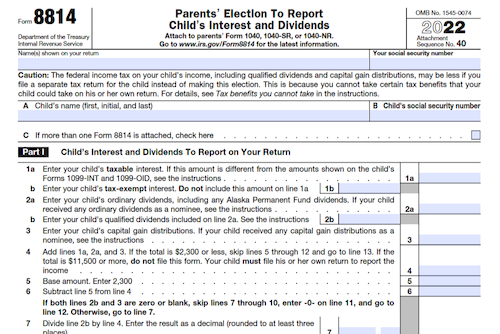Form 1120-SF must be completed by all section 468B designated and qualified settlement funds to report transfers received, income earned, deductions claimed, and distributions made while figuring the fund’s income tax liability. It must be signed by the administrator of the fund and filed by the 15th day of the 4th month after the end of its tax year.
What is Form 1120-SF?
Form 1120-SF is an annual income tax return, required to be filed by all section 468B designated and qualified settlement funds. Generally, the fund must file its income tax return by the 15th day of the 4th month after the end of its tax year. Depending on the fund’s tax year, an extension may also be available. The return must be signed and dated by the administrator of the fund and must be accompanied by all applicable schedules and forms. The fund must also pay any tax due in full no later than the 15th day of the 4th month after the end of the tax year, and must use electronic funds transfers to make all federal tax deposits. Estimated tax payments may also be required, and interest and penalties may be applied for late payment or filing of taxes. A designated or qualified settlement fund must also use the accrual method of accounting.
IRS Form 1120-SF – Who Needs to Fill It Out?
Form 1120-SF must be completed and filed by all section 468B designated and qualified settlement funds. The return must be signed by the fund’s administrator and, if paid, by the paid preparer. Generally, returns must be filed by the 15th day of the 4th month after the end of the fund’s tax year or 3rd month if the tax year ends in June. Extensions can be requested and payments must be made no later than the 15th day of the 4th month after the end of the tax year–using the Electronic Federal Tax Payment System (EFTPS) with a third party, if need be. To ensure accuracy, items should be arranged in order and totals should be entered on the form. The fund should also keep records for at least 3 years for the administration of the IRS code.
Step-by-Step: Form 1120-SF Instructions For Filling Out the Document
Filling out the Form 1120-SF correctly is a critically important part of the annual filing process. The tax year must end by the 15th day of the 4th month and the tax return must be submitted and any taxes due must be paid by that same date (or the next business day, if the due date falls on a holiday). The signed return should be prepared with all of the supporting documentation ordered alphabetically and numerically, with totals entered in the corresponding boxes, and copies of the return should be maintained. Electronic deposits must be made through EFTPS or, if that is not available, provided directly through a financial institution with the Same Day Wire Payment option. Estimated taxes must be paid using electronic transfers and installments must be made by the 15th of the 4th, 6th, 9th, and 12th months of the tax year. For any interest of penalty incurred, reasonable cause must be proven. The trust fund recovery penalty may be imposed if taxes are not collected or paid, and other penalties may be issued for negligence or fraud. The fund must use the accrual method of accounting and may round of cents to whole dolalrs. Finally, all records should be kept for as long as they are needed to administer tax provisions.
Below, we present a table that will help you understand how to fill out Form 1120-SF.
| Information Required for Form 1120-SF | Details |
|---|---|
| Filing Deadline | Due date and submission requirements |
| Document Organization | How to organize supporting documents |
| Electronic Deposits | Requirements for electronic deposits |
| Penalties and Record Keeping | Penalties for late filing and record-keeping requirements |
Do You Need to File Form 1120-SF Each Year?
Yes, all section 468B designated and qualified settlement funds must file an annual income tax return on Form 1120-SF. Generally, the deadline is the 15th day of the 4th month after the end of the fund’s tax year, but there may be exceptions to this depending on the fund’s tax year. All returns must be signed and dated by the administrator of the fund, and if the return is prepared by a paid preparer, the “Paid Preparer Use Only” section must be completed and signed. The return must be filed to the applicable IRS address listed in the source text, and taxes owed must be paid in full no later than the 15th day of the 4th month after the end of the fund’s tax year. Estimated tax payments may be required if the total tax for the year is $500 or more. Interest and penalties may be charged for late payments and filing, so filing on time is important to avoid these fees.
Download the official IRS Form 1120-SF PDF
On the official IRS website, you will find a link to download Form 1120-SF. However, to make it easier for you, we are providing the link in our article, which comes directly from the official irs.gov website! Click to download: Form 1120-SF
Sources:




